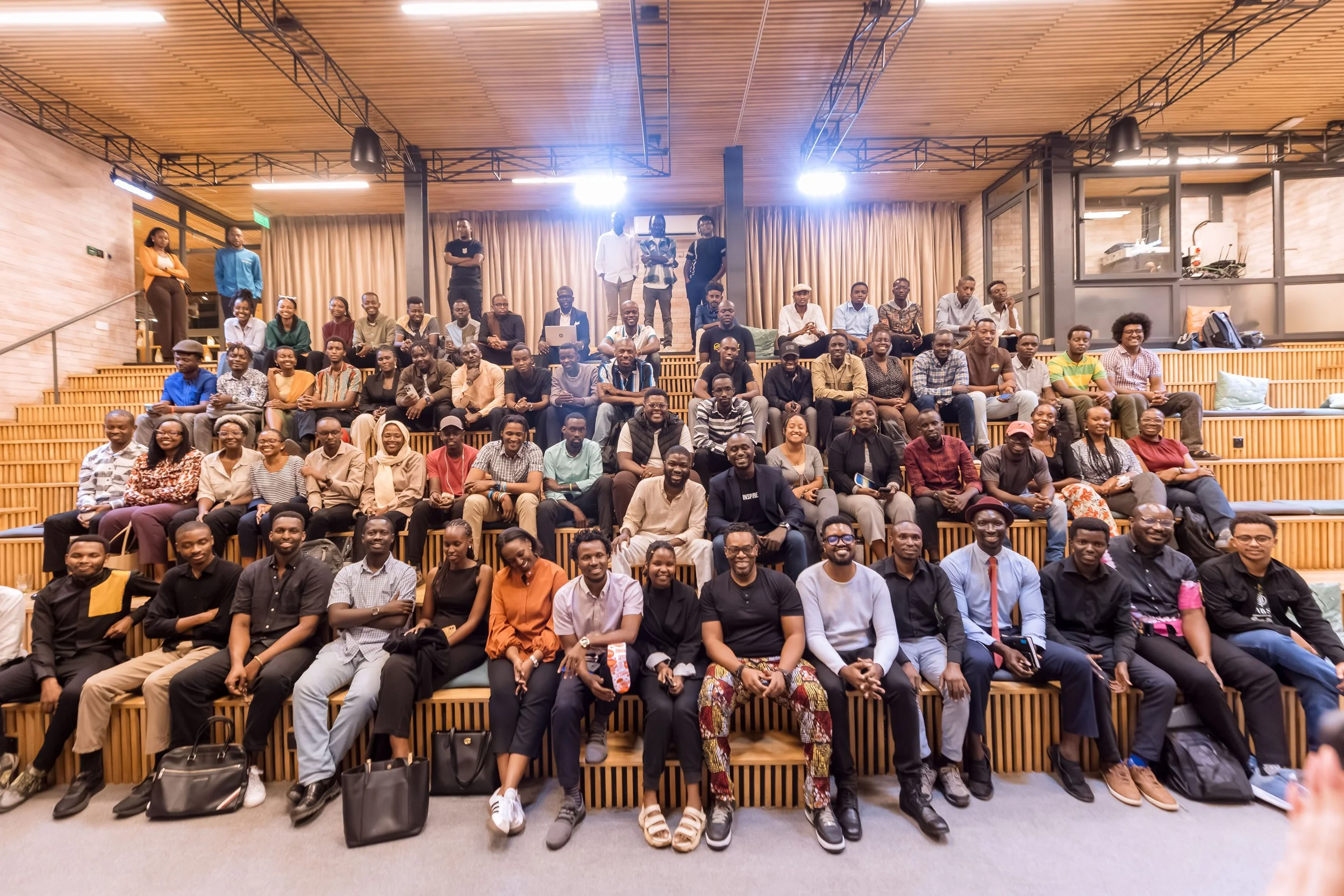Innovate Africa & Africa Product Peers Partner to Empower 100,000 Product Leaders in the next 5 years
In East Africa’s tech ecosystem, products don’t fail because teams lack ambition.
They fail because product managers don’t have decision-making power. Because shipping the MVP becomes the end goal. Because user research is skipped to hit donor timelines. Because strategy meetings are just pitch deck reviews.
We’ve seen it up close: founders stretched too thin, roadmaps shaped by whoever funds the sprint, and smart, scrappy teams doing what they can with very little structure around how product thinking actually works.
And it shows. We’ve seen products go live with fanfare, then disappear within months. Teams burn months of work on features no one asked for. Founders end up doing all the product thinking themselves, while the rest of the team just waits for “requirements.”
“We see it all the time,” says Lemuel D. Abishua, Founder of Africa Product Peers. “Teams spend six months building something, then act surprised when nobody uses it. You can't fix that with a better backlog, you need better instincts, better questions, and actual user context.”
The Real Gap: Product Leadership That Can Navigate the Chaos
This isn’t a talent shortage. The region is full of sharp thinkers and bold builders. But we haven’t built the conditions for product excellence — the culture, the incentives, or the community.
Product roles are often undefined. In some teams, “product” is a task manager. In others, it’s a borrowed title for whoever’s not coding. Many PMs are expected to lead without access to users, without clarity, and without power.
We’ve talked to investors who’ve seen the same thing:
Strong teams with traction raise money… then lose the plot. The roadmap gets messy. The users drop off. And six months later, no one knows what happened.
The product didn’t break. The thinking did.
A Shared Commitment: Changing What Product Looks Like
That’s why Innovate Africa Foundation and Africa Product Peers are teaming up to back the product talent already doing the work, often without the title, support, or room to lead.
Over the next five years, we’re committing to backing 100,000 product operators and leaders through:
Training that fits the realities of African startups
Peer learning and mentorship rooted in actual experience
Communities of practice across borders, stages, and sectors
Hands-on support for teams building through real constraints
Most teams aren’t starting from zero, they’re already making calls, shipping features, and trying to figure it out as they go.
We’re building the systems, language, and leadership pipelines that make product excellence possible, not just in one startup, but across the ecosystem.
“What we keep seeing is teams doing the hard part, building, launching, adjusting, but without the structure around them to really learn or lead. It’s not that product thinking is missing. It’s just never been prioritised,” says Tina Mbachu, Executive Director at Innovate Africa Foundation. “That’s what we’re trying to shift.”
What We’re Building Toward
We’re working to shift the default product operating model in East Africa. That means:
PMs who drive strategy, not just manage backlogs
Teams that learn in public, iterate fast, and measure what matters
Funders and founders who reward learning, not just shipping
Product cultures that survive beyond the pilot phase
“Good ideas and big markets aren’t the problem,” Lemuel adds. “It’s the messy middle, where strategy, users, and execution collide. That’s where product leadership really matters. And it’s where we’re still coming up short.”
Get Involved
Stay connected with Innovate Africa Foundation and Africa Product Peers to follow the work, join upcoming initiatives, and collaborate on what comes next.
We’re building toward a stronger product future for African tech, and the next generation of product leaders is already on the rise. Let’s give them the tools, the support, and the community to lead.


